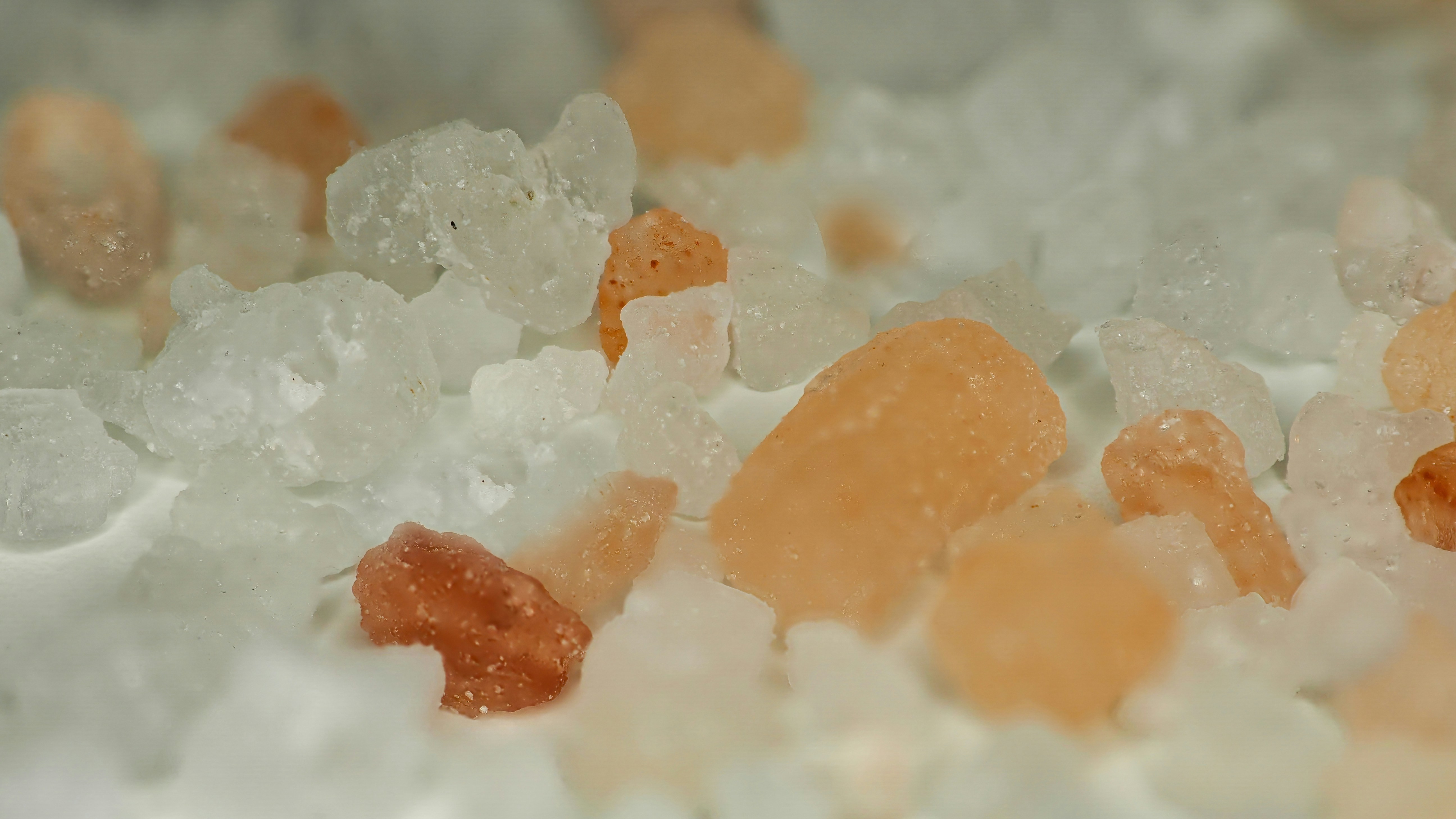Your food affects your mental health and can empower you to make healthier choices that support your wellbeing.
The food we consume plays a crucial role in our mental and emotional stability, from influencing mood swings to aiding in stress management.
The relationship between food and mood is complex.
Certain foods, like those rich in omega-3 fatty acids found in nuts, seeds, and oily fish, are essential for brain function and can help alleviate symptoms of depression and anxiety.
On the other hand, excessive caffeine intake from coffee or energy drinks can exacerbate feelings of anxiety and disrupt sleep patterns.
Managing Blood Sugar Levels
Stable blood sugar levels are crucial for maintaining energy and mood stability throughout the day.

Opting for whole grains, nuts, and seeds over refined carbohydrates like white bread and pasta can help regulate blood sugar levels, preventing energy crashes that may impact your mental state.
Recommended foods you can eat are wholegrain bread, brown rice, nuts, and seeds. Avoid white bread, crisps, white pasta, and white rice
The Role of Hydration
Dehydration can impair cognitive function and worsen mood.
While staying hydrated is important, be mindful of caffeinated and sugary drinks that can affect your hydration levels and mood.
Water, herbal teas, and juices (in moderation) are recommended.
Food types for better mood
Proteins are essential for the production of neurotransmitters that regulate mood and emotions. Including sources like lean meats, fish, eggs, and plant-based proteins in your diet can support mental clarity and emotional stability.
Healthy fats, such as omega-3 and omega-6 fatty acids are vital for brain health. Incorporating sources like avocados, nuts, and oily fish can help enhance cognitive function and mood regulation.

A healthy gut contributes to overall well-being, as gut health can impact mood and vice versa.
Foods rich in probiotics, such as yogurt and fermented foods like kimchi, can promote a healthy gut microbiome, potentially improving mood and reducing symptoms of anxiety or depression.
Excessive alcohol consumption can disrupt brain chemistry and worsen symptoms of mental health conditions.

It’s important to moderate alcohol intake and seek support if alcohol is being used to cope with emotional challenges.
Practical Tips
When struggling with mental health, maintaining a balanced diet may feel overwhelming.
Planning ahead, choosing convenient and nutritious options, and accepting support from others can ease the burden of meal preparation during difficult times.
Plan your meals, stock up on staple ingredients, and use meal delivery services
Certain foods can also interact with medications, affecting their effectiveness or causing side effects.
It’s crucial to consult healthcare professionals about dietary restrictions or modifications when taking medication for mental health.



